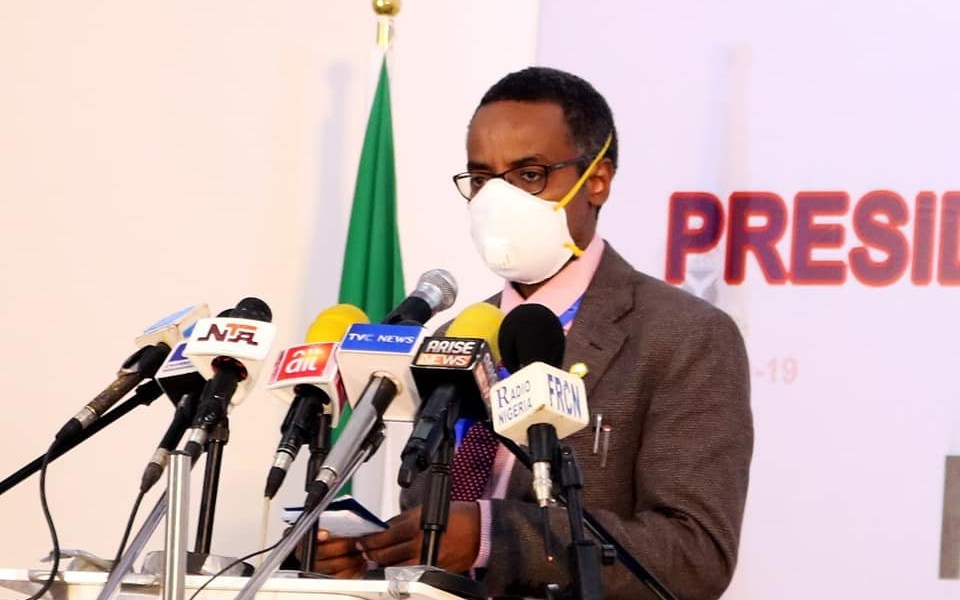The Presidential Task Force (PTF) on COVID-19 has justified the repeat COVID-19 test being conducted on international travellers after seven days of their arrival to the country.
The National Coordinator of the PTF, Dr Sani Aliyu, said at the taskforce’s briefing in Abuja that a significant number of 80 out of the 2,403 tests carried out when the exercise began turned out to be positive.
He said this was despite the fact that the travellers who tested positive arrived in the country with a negative PCR test.
“Of the 2,403 passengers that were tested in Lagos when we started the exercise, 80 were positive. Meanwhile, they had negative COVID-19 PCR test,” he said.
He said the repeat test would have been unnecessary if the country had “a system of enforcement of isolation such that everybody coming into the country self-isolated effectively for two weeks.”
Aliyu also warned foreign travellers to pay to only laboratories on the travel portal of the government for their repeat tests.
Aliyu said, “No Federal Government agency is receiving these funds. The negotiation for the cost is between the state governments and the private labs themselves.
READ ALSO: Arik workers, management negotiation hits deadlock
“The charges range between N35,600 for the Kano portal which we are just about to operationalise to N50,400 for Lagos.”
WHO rolls out 120m rapid test kits
Meanwhile, the Secretary to the Government of the Federation and Chairman of PTF, Boss Mustapha, said Nigeria would be among the beneficiaries as the World Health Organisation prepared to roll out 120 million effective rapid test tools capable of providing reliable results in 30 minutes rather than in hours.
Mustapha said, “Developments with testing around the world have been very encouraging as technology improves. We were pleased to receive the news of the partnership driven by the WHO to roll out 120 million effective rapid test tools capable of providing reliable results in 30 minutes rather than hours.
“It will help to reach distant communities where laboratories are not located and will help in cutting down the response time that medical personnel need to commence treatment.”













